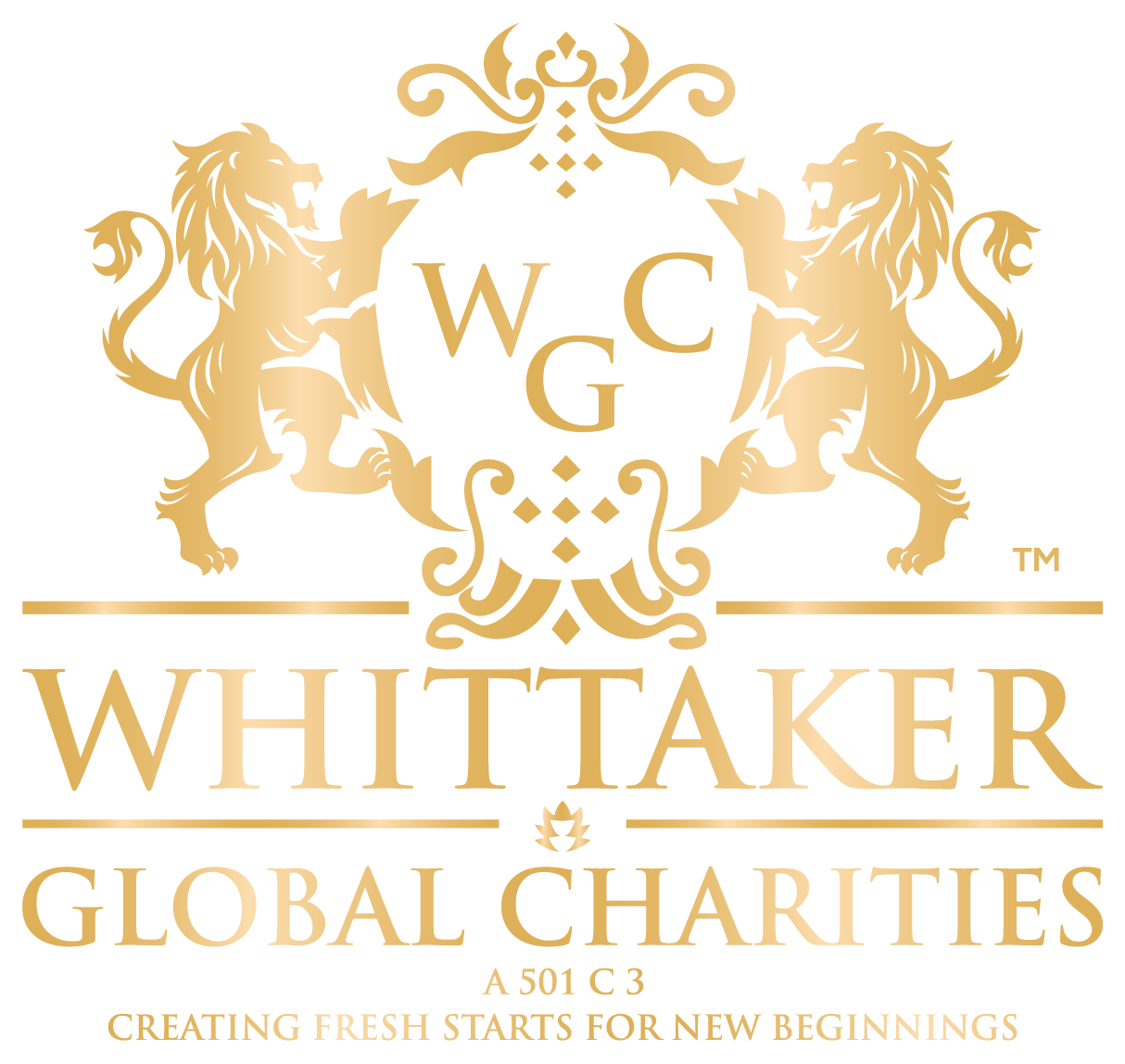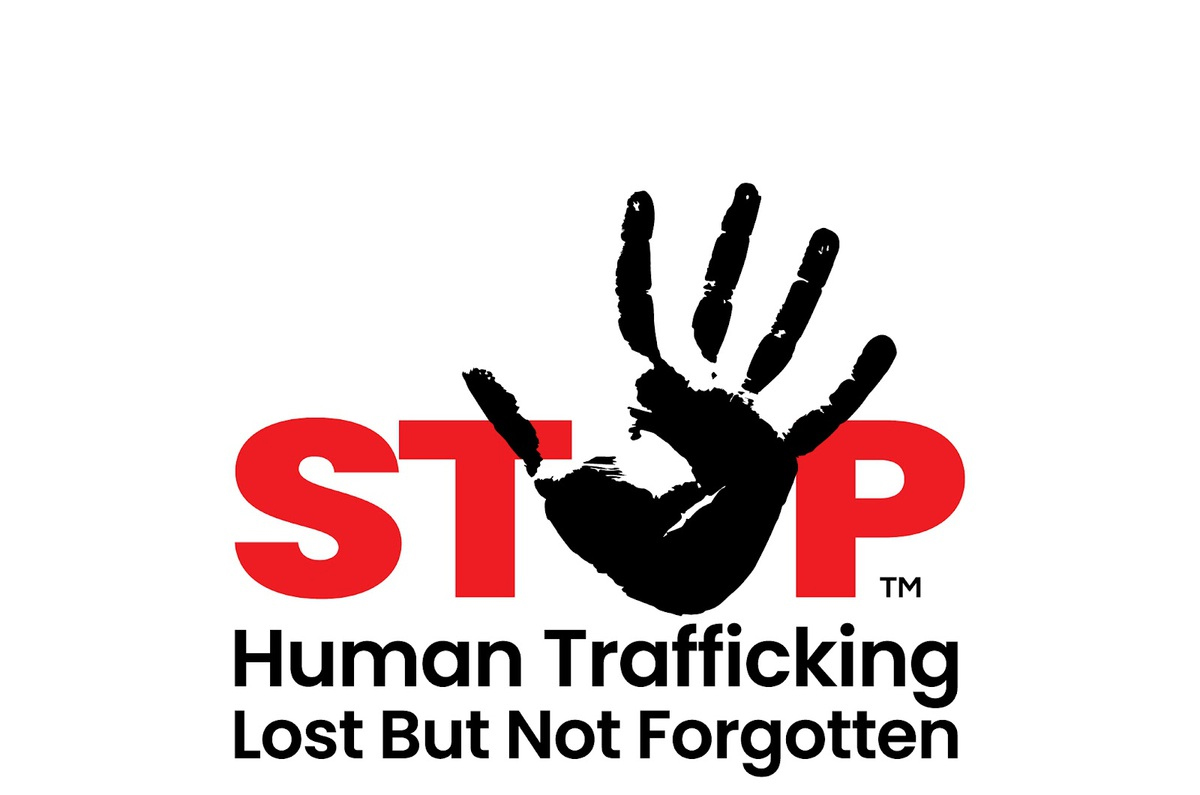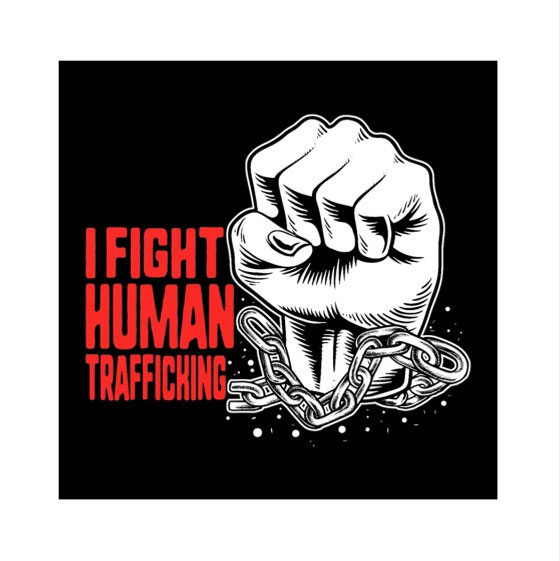Human Trafficking Street Team Task Force
Trafficking is the use of force, threat of force, fraud or coercion to recruit, harbor, transport, provide or obtain any person for labor or commercial sex or to cause a person under 18 to engage in a commercial sex act.
Human trafficking is a modern-day form of slavery involving the illegal trade of people for exploitation or commercial gain.
Every year, millions of men, women, and children are trafficked in countries around the world, including the United States. It is estimated that human trafficking generates many billions of dollars of profit per year, second only to drug trafficking as the most profitable form of transnational crime.
Traffickers use force, fraud, or coercion to lure their victims and force them into labor or commercial sexual exploitation. They look for people who are susceptible for a variety of reasons, including psychological or emotional vulnerability, economic hardship, and lack of a social safety net, natural disasters, or political instability. The trauma caused by the traffickers can be so great that many may not identify themselves as victims or ask for help, even in highly public settings.
Goals:
- Prevent, identify, investigate, disrupt, and prosecute human trafficking crimes.
- Dismantle any criminal organization that promotes or participates in the commission of human trafficking crime.
- Promote a coordinated approach to the provision of services for victims of human trafficking at the federal, state, and local levels.
- Provide federal leadership and direction to improve victim services.
- Coordinate victim services effectively through collaboration with victim service providers in the district.
- Conduct outreach, awareness activities, and resources for the public.


